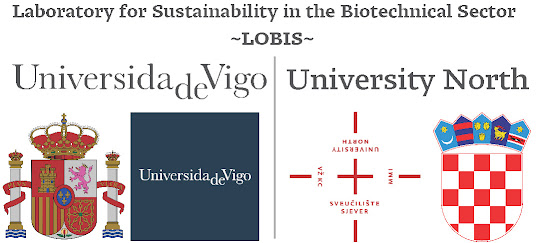Scope

- Achieving economic development and well-being of citizens with balanced regional development,
- Inclusion in European economic integration,
- Raising the quality of human capital by investing in education and science, increasing the quality of life, stopping negative demographic trends,
- Preserving national security through technological modernization and investment in defense and security (NATO).
Starting from the
analysis of the situation and vision of a sustainable and functional waste
management system, taking into account the strategic development goals of the
Spain, Europe and Croatian goals from the National Environmental Strategy,
strategic goals are defined, the achievement of which guarantees the
strengthening of the system and its functioning in such a way that the basic
function is achieved, i.e. protection of human health and the environment and
rational use of resources. To gradually reduce waste pressures on the
environment and human health and achieve sustainability, conditions must be
created that will: (1) reduce waste generation, leading to a better use and
protection of resources, (2) reduce the amounts of waste that is disposed of
(or irresponsibly discarded), and (3) reduce the risks of waste. All of the
above is in accordance with the LOBIS
strategy of work, which includes education on strategic goals of waste
management, i.e.:
- Avoiding generation and reducing waste during processing and treatment in food technology and
- biotechnology;
- Reducing the risk of waste during processing and treatment in food technology and biotechnology;
- Education of future experts to solve the problem of waste management and sustainable processes.
